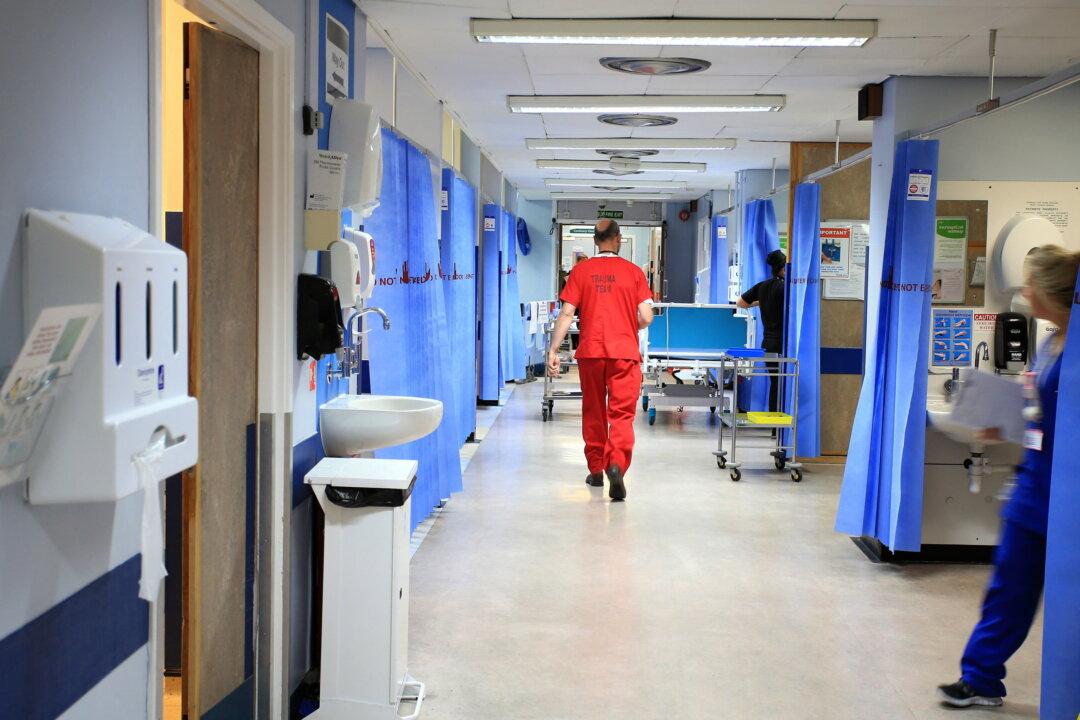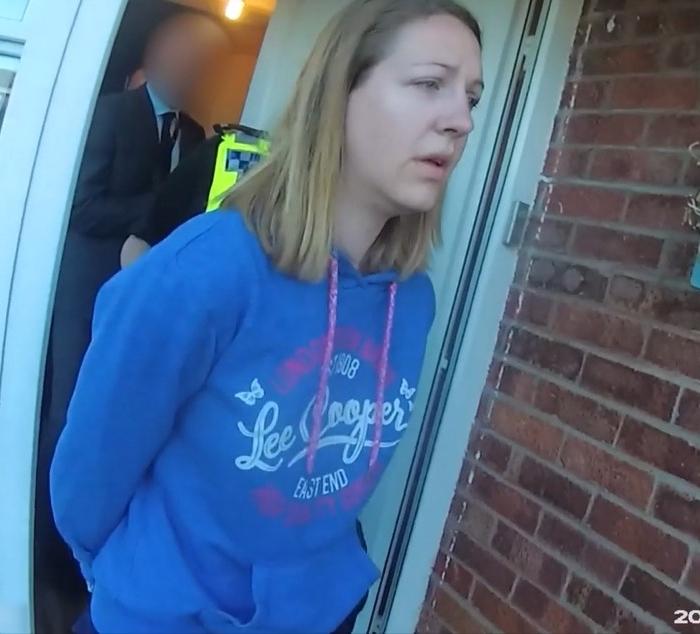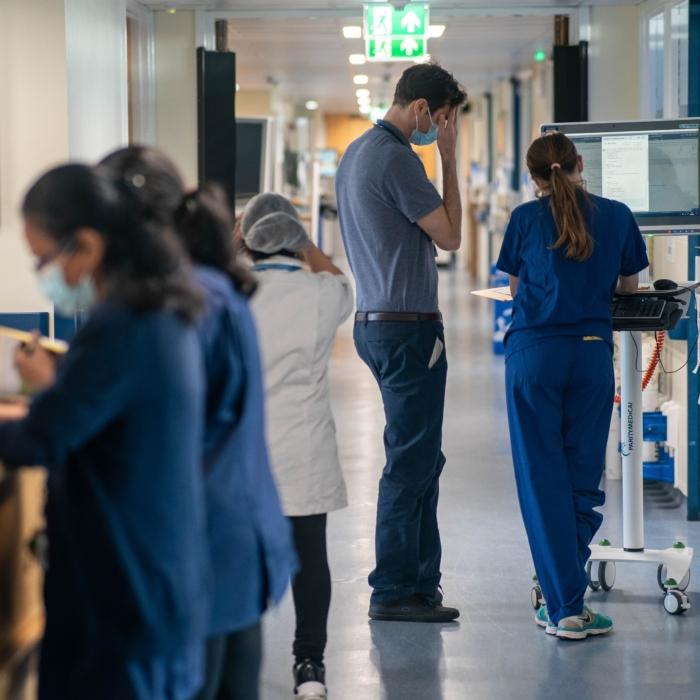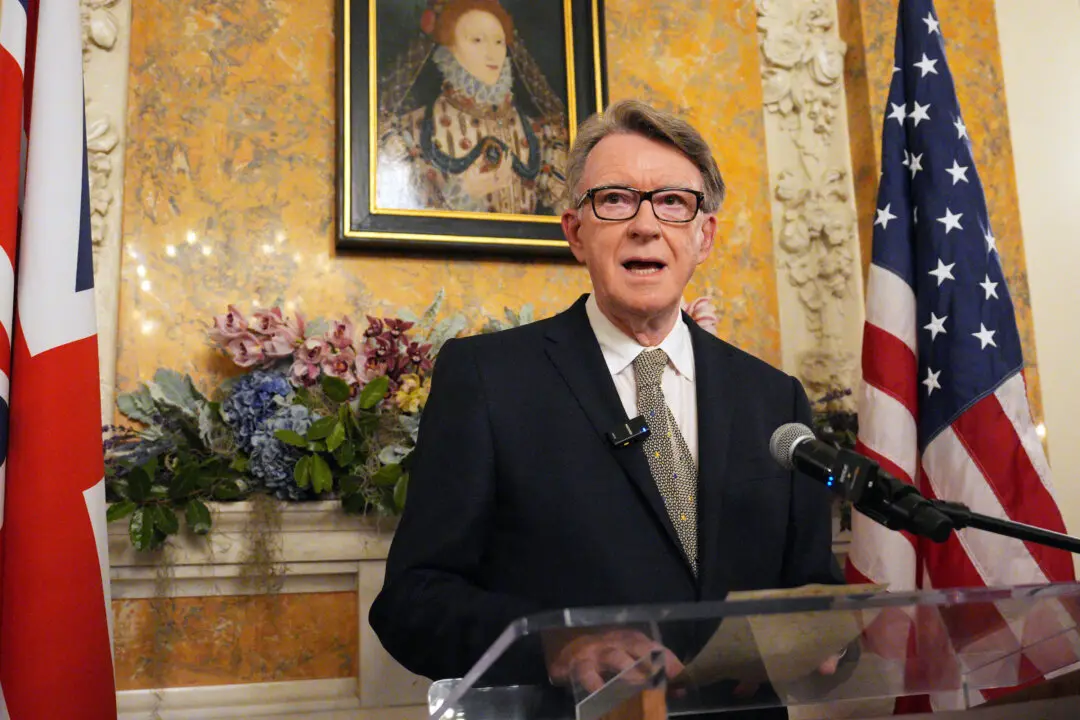Whistleblowing doctors have been targeted by hospital bosses after they have raised concerns about NHS malpractice, a conference has heard.
The Patient Safety Conference at the Royal Society of Medicine, held in London on Thursday, was told that hospital trust have wasted “millions of pounds” trying to “destroy” the careers of doctors who raised the alarm about poor care.
Dr. Salam Al-Sam, from Justice for Doctors (JFD), told the conference that doctors had noticed a “pattern” where whistleblowing doctors are themselves investigated instead of their concerns.
“They say ‘concerns were raised against you, you are not allowed to practice until we’ve finished our internal investigation,’” Dr. Al-Sam said.
“Go home, visit your GP and take sick leave. And remember, do not speak to anyone about this.”
Dr. Al-Sam said that some doctors would resign or retire, and claimed some took their own lives as a result of what happened to them.
He said the pattern went something like this, “You raise concerns, they are not investigated, they raise a bogus case against you, they appoint a retired HR person to humiliate you, you produce documents to prove them wrong, they change the terms of reference for another MHPS (Maintaining High Professional Standards) investigation, now it’s your behaviour, not capability, you produce further documents to prove these wrong, they refer you to the GMC (General Medical Council), you take them to ET (employment tribunal), they appoint several lawyers and do not hesitate to waste millions of pounds to destroy you.”
‘Secret, Remote, Covert’
Jane Somerville, retired professor of cardiology, chaired Thursday’s conference and said it was a serious concern that the higher-ups in the NHS were able to remotely access both the home and work computers of doctors.She said, “the access is secret, remote, covert and it has the ability to get into the computer, remember you’re using NHS England email, can change documents and evidence,“ which could “lead to miscarriage of justice and misreporting of facts.”
In March, Rob Behrans said his investigations into hospital failings had uncovered “the altering of care plans and the disappearance of crucial documents after patients have died and robust denial in the face of documentary evidence.”
Health Secretary Victoria Atkins said: “Every member of staff in the NHS should feel able to speak up without fear, and it’s essential that any concerns are taken very seriously to improve patient safety.
“That is why we have boosted legal protections for whistleblowers and established Freedom To Speak Up Guardians in healthcare across England, which are now in every NHS trust.
“This is in addition to setting up a confidential Speak Up Direct helpline to help workers feel safe in coming forward. I know there is still more to do, and I am determined to make sure the NHS is a fairer place to work for all.
“This goes hand-in-hand with ensuring patient safety, which is why we have delivered major initiatives over the last decade to ensure this remains at the forefront of our healthcare system. This includes introducing the first NHS Patient Safety Strategy, appointing the first Patient Safety Commissioner, and announcing our plans to implement Martha’s Rule.”
Named after 13-year-old Martha Mills, who died from sepsis at King’s College Hospital, London, in 2021, due to a failure to escalate her to intensive care, the “rule” is a policy whereby a second opinion can be sought by a patient or by their family if a patient’s condition deteriorates.
An NHS spokesperson said in a statement: “It is completely unacceptable for any member of staff to feel silenced or unable to speak up about issues affecting them or patients—not only should everyone working in the NHS feel they can raise concerns but they must know that they will be acted on and that they will be treated fairly—this is vital for ensuring that the NHS learns from mistakes and provides the best possible care for patients.
“Every NHS trust should be adopting the updated national Freedom to Speak Up policy and NHS England has recently asked all local areas to urgently ensure staff have easy access to information on how they can raise concerns, including through having a dedicated Freedom to Speak Up Guardian in place.
“Where people are disadvantaged as a result of speaking up, NHS England has ensured there is additional help available with a national scheme in place so staff can receive additional intensive support in these circumstances.”
Last year, the government announced that a medical examiner will review the cause of death given in all cases not investigated by a coroner, in a policy designed to uncover criminal activity or medical negligence.







